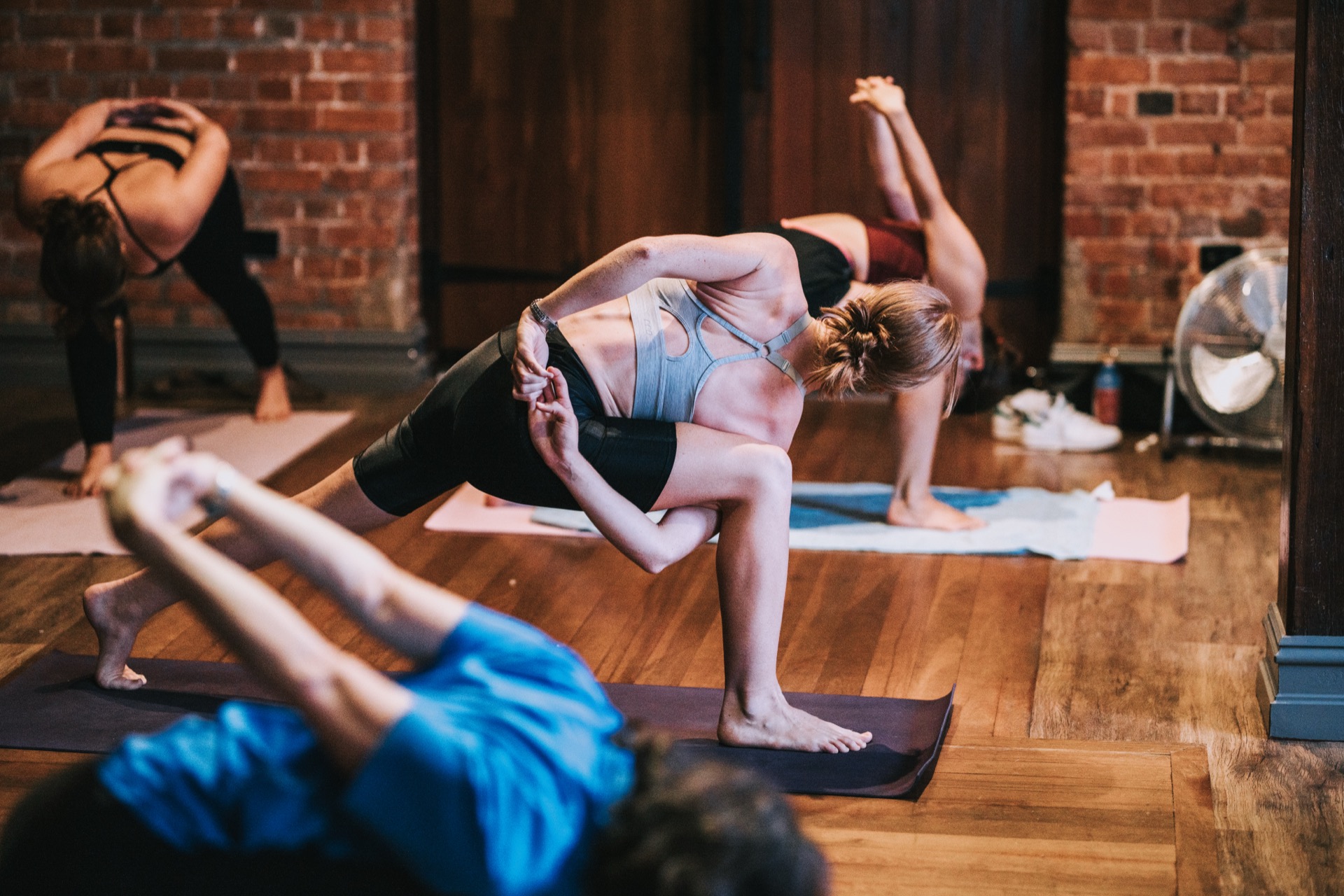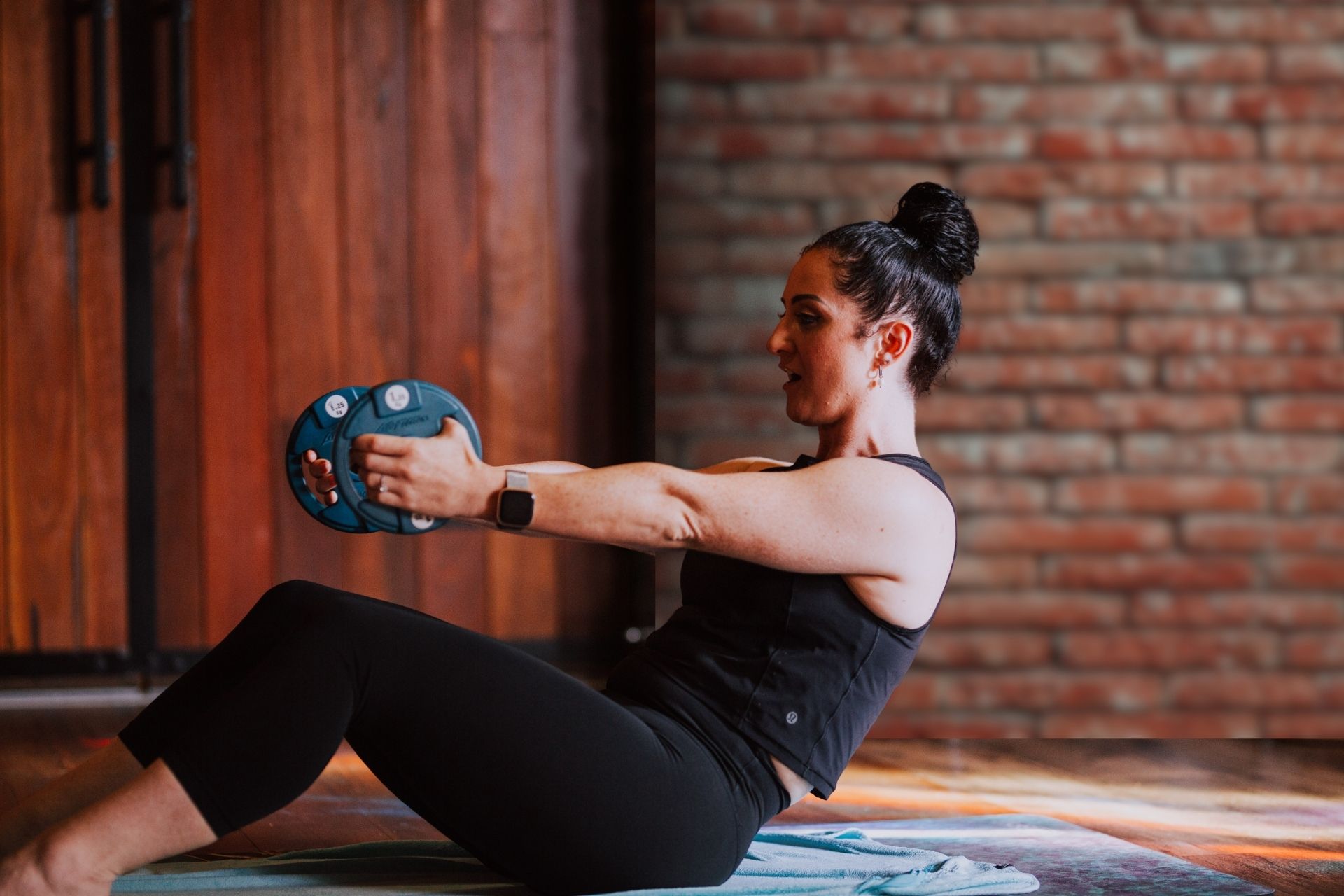Group Training for
Every Fitness Level
Discover a variety of classes that keep you motivated and fit.
Whether you’re just starting out or training like a pro, our group training options are designed to challenge, support, and energise you. Led by passionate instructors, each session combines expert guidance with the power of community, so you stay committed and see real results.
choose from a wide range of Group Training Options






